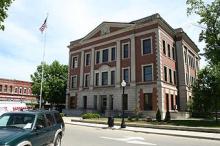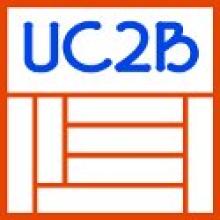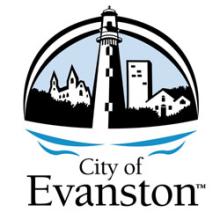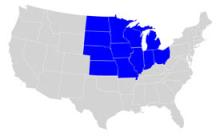OnLight Aurora Partners with the City for Better Connectivity in Illinois
Nine years ago, Aurora officials decided it was time to reduce telecommunications costs and upgrade to a faster, more reliable network. The local government built a fiber network to service municipal government, but developed long-term ideas for the network to benefit the entire community.
Nonprofit OnLight Aurora now uses the City's fiber optic network to provide high-speed connectivity to educational institutions, businesses, healthcare facilities, social service entities, and major non-profits. The organization leases fibers from the City's fiber optic network and provides Internet access at affordable rates.
Aurora is the second most populous city in Illinois. The municipal government spans 52 buildings over 46 square miles. Before the city's fiber network, connections were a patchwork of varying speeds and capabilities. Employees in a building with a slow connection would need to travel to City Hall to access a high-speed connections to use the city's bandwidth intensive applications. The network was old, unreliable, and expensive. The Director of Onlight Aurora recently spoke with Drew Clark from Broadband Breakfast :
"In 2005-2006, we came to the conclusion that we were paying $500,000 a year [to telecommunications providers] for leased line expenses,” said Peter Lynch, Director and President of Onlight Aurora.
The 60-mile network, constructed from 2008 - 2011, cost approximately $7 million to deploy. At the beginning of the process, payback was estimated at 10 years. While the short-term goal was to cut municipal connectivity costs, community leaders intended to expand its use in other ways. The City now saves approximately $485,000 each year from having eliminated leased lines. From a Cisco case study on Aurora [PDF]:







